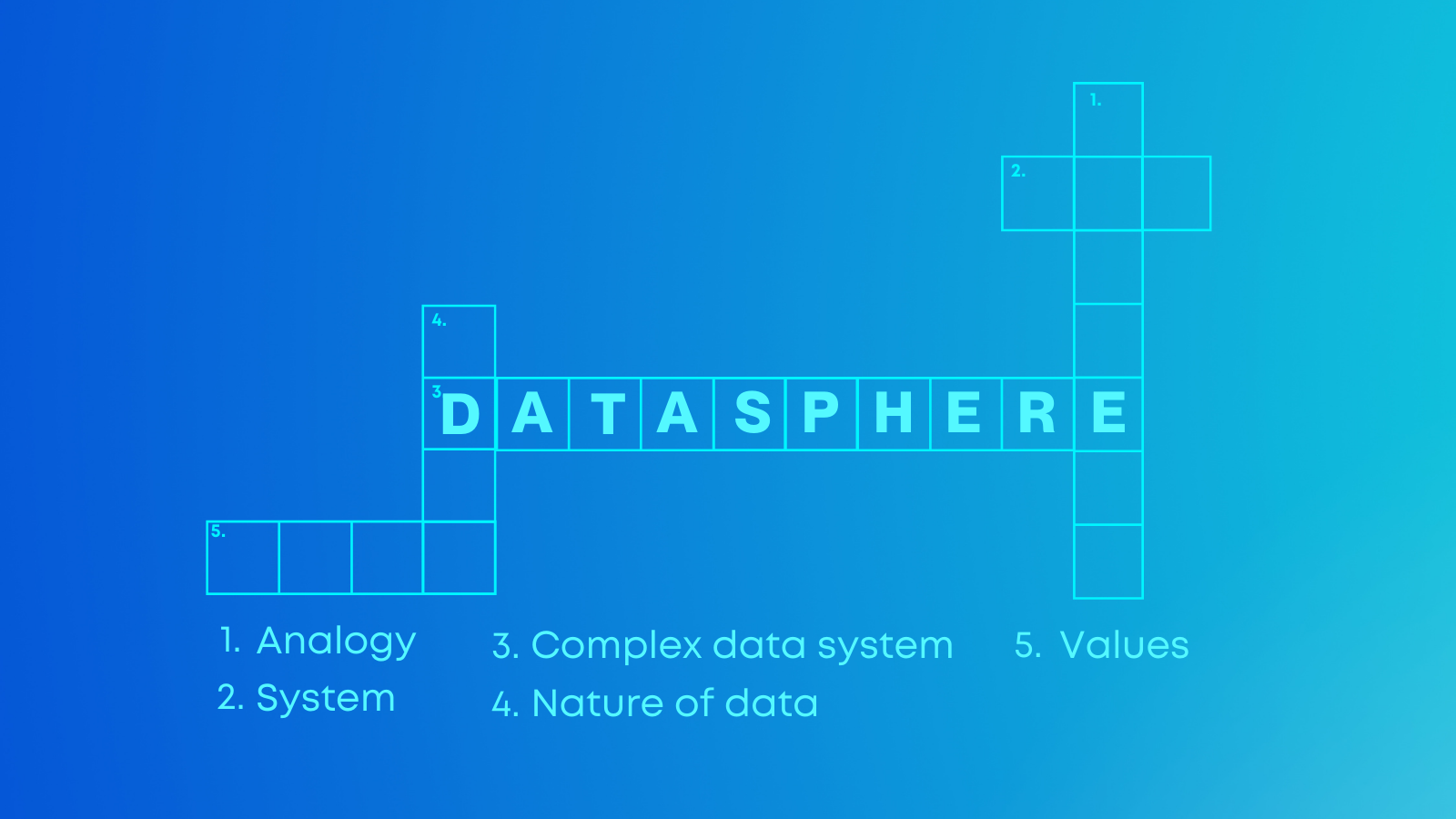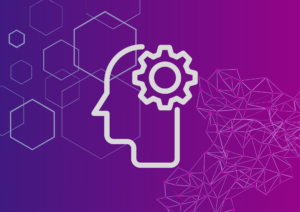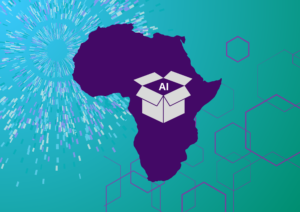Lorrayne Porciuncula, Executive Director, Datasphere Initiative, remarks from Datasphere Initiative launch event on April 5, 2022.
At this very moment, billions of data are being shared across numerous borders via phones, submarine cables, and satellites. This data is about you, me, and all of us. The data is about our personal preferences and medical histories. It’s about climate, viruses, wildlife, and everything imaginable. This data is produced by machines, connected vehicles, and intelligent factories. The amounts are astonishing. The nature of it: abstract and almost incomprehensibly different from any other resource.
Yet, the most popular analogy to data has been to compare it with oil. This clearly shows we still don’t understand it.
Understanding data is the first step to unlocking this uncharted structure of complex puzzles.
I have always loved puzzles. Puzzles of numbers and of words. I have always been particularly fascinated by words and concepts, and the power they have at shaping people’s behavior and ultimately the world.
The author Gabriel García Márquez describes the pre-history of the fantastic village of Macondo by saying: “The world was so recent that many things lacked names, and to mention them you had to point your finger at them”.
I have come to realize that we lack words to describe our relationship with data.
For what it means, our connection with it, the interrelations between data and people, institutions, regulations, contracts, and code. And that is why we chose to build on the concept of the Datasphere.
We define the Datasphere as the complex system encompassing all types of data and their dynamic interactions with human groups and norms.
Understanding the Datasphere as an ecosystem, or to be more precise, as a complex adaptive system, allows us to recognize its uniqueness, unpredictability, and the difficulty of managing it using traditional tools.
I believe naming it is the first step to transforming how we think about data, towards a more holistic approach.
Naming is also essential for us to be able to shape it. Naming it can catalyze a new attitude towards this very recent world.
We stop pointing at it, and it enables us to change it. That is what we want to accomplish with the Datasphere Initiative.
Put broadly, yes, we want to change the world.
But drilling down on our mission – it is more targeted than that, but certainly no less ambitious: to build agile frameworks to responsibly unlock the value of data for all.
Every word in this mission statement counts:
- Agile frameworks: a novel frontier requires novel tools – and using innovative technical, normative, and institutional frameworks.
- Data: all of it (personal and non-personal).
- Value: economic and social and externalities.
- Responsibly: recognizing that certain guardrails are necessary to prevent abuses such as privacy and security.
- For all: this is central – because we aim to leave no one behind.
Our vision is of a collaboratively governed Datasphere. To support this we need to bridge the silos among numerous international, national, regional, and local entities working directly and indirectly with data governance. As well as the silos between sectors and policy areas (such as privacy, trade, infrastructure, security, competition).
Our approach is not to replace any existing structures and processes but rather to complement them with agility and innovation. By drawing on lessons from software development, for example, on the notion of sandboxes, iteration, and flexibility. To learn from our mistakes and move quickly. This also requires building on the lessons of the multistakeholder approach – which has taught us that the protagonist of governments is needed, but not sufficient to solve the complex world problems we are facing today.
After a year of incubation, the Datasphere Initiative has been preparing the ground and really walking the talk. Our team has been identifying and consulting with partners and engaging in regional work in different parts of the world (Africa and Latin America and the Caribbean). To attract the best talent around the world we initiated a Fellowship Program with a brilliant cohort of 10 researchers that have been exploring the concept and applications of the Datasphere.
We have successfully brought together over 60 AI engineers to test visualization models for mapping the Datasphere. Prepared a definitive report on cross-border sandboxes for data. And finally, we have launched The Datasphere Governance Atlas 2022 which covers more than 260 organizations working on Data Governance.
Our values are openness, collaboration, empowerment, purposefulness, boldness, and persistence. Regarding Boldness: We want to creatively challenge conventional wisdom (including our own), and promote innovation at every level. Regarding Persistence: We understand that progress in addressing long-term challenges takes time and sustained efforts.
We invite you to join us on this journey.
———
The Datasphere Initiative launch event on April 5, 2022, brought together over 200 attendees from around the world. It marked the beginning of the global network of actors that are renaming and reshaping how we think and do data governance.





